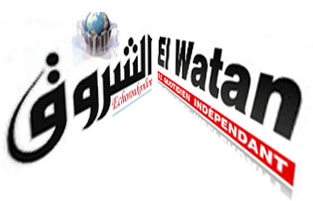Institution Formation
Thus, to if considering these three elements, adding itself it the conditions of production of the speech and to interdiscurso, conclude that they are the images that constitute different positions. Valley to exemplificar that the nurse or professor, mother, father position is not alone who produces a discursividade typical, but this position in face of the imaginary formation concerning the other, of the institution and the society. Here the main paper of the speech analysis is observed, to search to cross the imaginary one that it conditions the citizen in its discursividade, to explicitar the way as the directions are being produced for, finally, understanding what he is being said, therefore ' ' the directions are not in the words in same them. They are on this side and beyond them ' ' (Orlandi, 2001, p.42) In this way, when if it assumes a discursividade from an imaginary formation, something is said so that another question is not explicitada. It must be detached that whenever X is said, is left to say Y, so that, then, the X makes sensible. This is the relation of the said one with the not-said one and the spoken one with the silenced one in a speech. In this way, the imaginary formation it produces its effect in the discursividade of the citizens, helping to delimit the discursiva formation and being the place where the representation of itself, of the other and the representation of as the other represents these citizens, determines what to say and what not to say. In this direction, when if it affirms that if it likes something, obligatorily is being said (same when not-to say) that if it does not like other things that the proper subject discursividade excludes it, especially when conjugate images and projections that strengthen the said one, as the pupil that the professor hears, the fidiciary offices to the religious leader and the son to the parents. .
